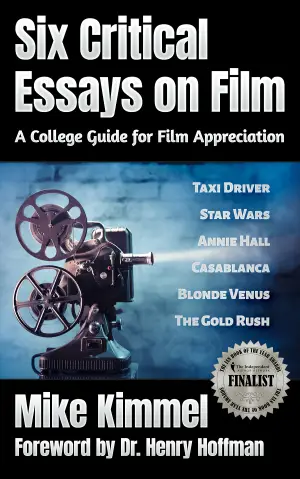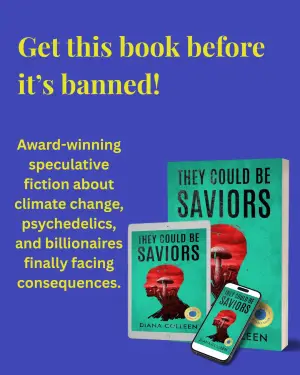
27 Jul Book Review of A Silent Language: The Nobel Lecture
A Silent Language: The Nobel Lecture by Jon Fosse — A Reflection Beyond Words
When I first heard about Jon Fosse winning the 2023 Nobel Prize for Literature, I felt drawn to explore his acceptance speech, A Silent Language. Fosse’s unique voice, often described as hauntingly poetic, captures a part of the human experience that many of us struggle to articulate. His words resonated with me, as if they whispered truths I hadn’t fully acknowledged in my own journey with language and creativity.
Fosse’s lecture unfolds like a meditative exploration of silence and self-discovery. He shares transformative moments from his childhood, particularly the fear that silenced him during a traumatic reading experience. “In a way it was as if the fear took my language from me, and that I had to take it back, so to speak,” he writes. This sentiment echoed my own encounters with fear and self-doubt, especially in the messy world of writing. Fosse goes on to articulate a profound journey of reclaiming language, emphasizing that the words we choose should come from our true selves—an idea reinforced by his experience of writing poetry and stories that were “just mine.”
What struck me most about Fosse’s writing style is the raw authenticity that flows through his prose. He doesn’t fit neatly into the mold of a conventional essayist. Instead, his acceptance speech feels like intimate confessions shared at a cozy gathering. This accessibility invites us to reflect on our own relationship with language. The observation that “the act of writing is to me to listen” stood out immensely. It captured the notion that, at its core, writing is an act of receptivity, a conversation between the inner self and the world beyond.
Fosse’s insights into creativity also echoed deeply in my heart. He challenges the norms of preparing or outlining, advocating instead for a spontaneous, almost mystical approach to writing—“something else, perhaps a bit strange.” It reminded me of the moments I’ve felt words flowing effortlessly onto the page, almost as if they’ve always existed somewhere beyond my consciousness. This idea of listening rather than orchestrating is not just liberating but also inspires writers to trust their instincts.
One particularly striking line—“You hear the silence” and “it is only in silence that you can hear God’s voice”—resonated on multiple levels. In our hyper-connected world, silence often feels elusive, and Fosse’s reverence for it serves as a clarion call to return to our own inner landscapes. For someone like me, who has often sought solace in moments of quiet, this evocation of silence can be both grounding and inspiring.
In closing, I wholeheartedly recommend A Silent Language to anyone who has grappled with words, creativity, or the nuances of self-expression. Fosse’s journey invites us to return to our own sources of inspiration and to embrace what makes our voices distinct. Whether you are a writer, a reader, or someone seeking the profound beauty of simplicity, Fosse’s meditative spirit will leave you enriched, urging you to find solace in both silence and the unique language you carry within.
If you’re ready to dive into a heartfelt exploration of existence and creativity, this little gem of a speech is waiting to accompany you on that journey.
Discover more about A Silent Language: The Nobel Lecture on GoodReads >>









